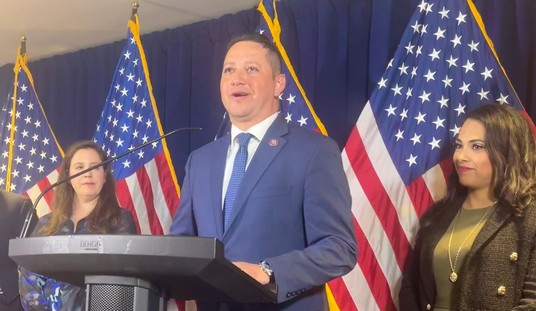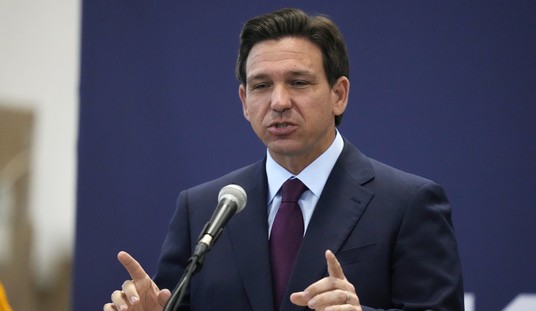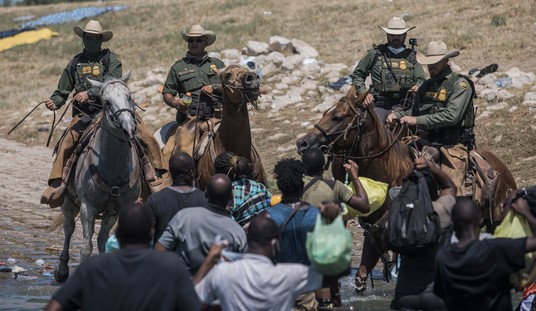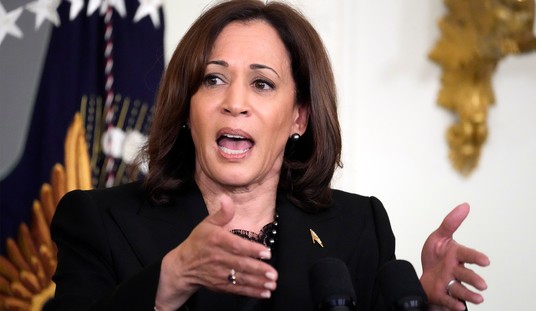While the Iowa caucuses are volatile, and you never know just how the delegates will turn out as rooms full of people get together and make deals, the New Hampshire primary has a simple set of rules for determining the winner.
Let’s check the current polling and see who would win delegates there.

The polling and poll averages aren’t perfect, but they are the best indicator we’ve got right now. So let’s use the current poll average and run the two-step process New Hampshire uses.
Step one is to take all the candidates in double digits (New Hampshire uses a 10% threshold) and award delegates proportionally. Donald Trump gets 5 delegates (20 x .265 = 5.3). [mc_name name=’Sen. Marco Rubio (R-FL)’ chamber=’senate’ mcid=’R000595′ ] gets 3. [mc_name name=’Sen. Ted Cruz (R-TX)’ chamber=’senate’ mcid=’C001098′ ] and Chris Christie get 2 each. Jeb Bush, who is banking on New Hampshire to start his comeback, would get no delegates under the state party formula. The same holds for John Kasich
However thanks to the 10% threshold, we’ve only allocated 12 of the 20 delegates. That takes us to the second step of the process: The plurality winner gets the rest of the delegates. So the final result is: Trump 13, Rubio 3, Cruz 2, Christie 2, Kasich 0, Bush 0.
Jeb Bush needs a radical upheaval of the New Hampshire situation in order to have any chance of mounting a comeback there. That’s possible, but it seems unlikely he’ll surge past so many others, given how well-known he already is.












Join the conversation as a VIP Member